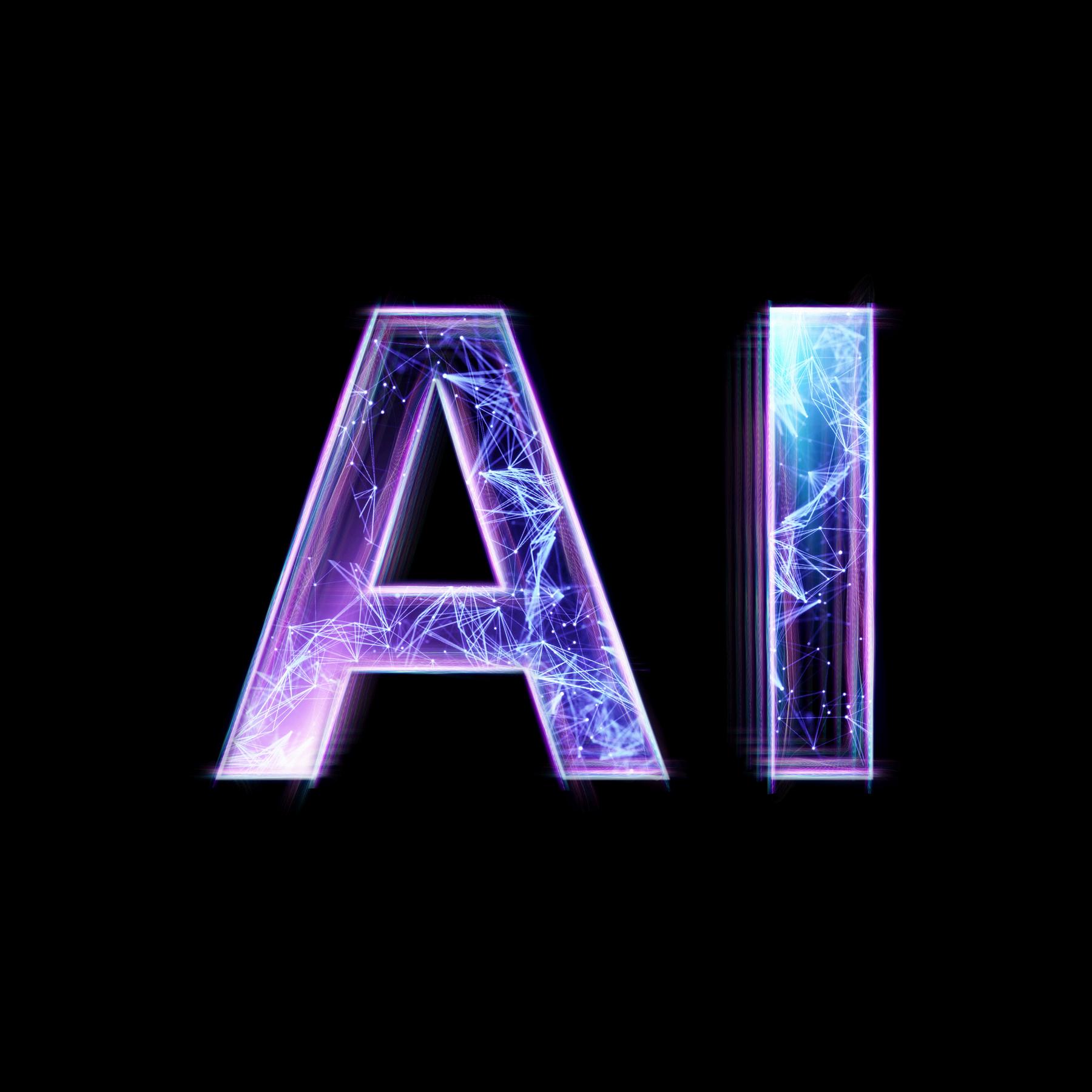

The Intelligent Future of Care
Exploring Agentic AI for Healthcare Providers


Agentic AI
Healthcare leaders are redefining care delivery and management by leveraging AI Agents, CoPilots, and Gen AI technologies. This shift from information to action enables healthcare providers to complete complex workflows seamlessly. Agentic AI in healthcare is ushering in a new era of productivity and innovation.
From easing the administrative burden on caregivers to enhancing resident experience, to making predictions about residents’ wellbeing, Agentic AI and Copilots are redefining how care is delivered and managed.
What is Agentic AI?
Broadly, Agentic AI is a technology-enabling system that performs requested actions. It runs errands based on an innate intuitive mechanism and responds intelligibly to prompts they haven’t performed before.


Unlike Generative AI, Agentic AI doesn’t just provide recommendations based on pre-existing data. It uses autonomous agents to perform tasks, make decisions, and act on those decisions without constant human intervention. Agentic AI systems integrate advanced technologies such as Natural Language Processing (NLP), Machine Learning, and Reinforcement Learning to interpret unstructured clinical data, learn from real-time inputs, and autonomously execute tasks. For example, NLP enables AI Agents to understand physician notes and patient records, while reinforcement learning allows continuous improvement in workflow optimization based on outcomes.



What value can AI Agents bring to healthcare providers?
With the convergence of sophisticated AI models, enhanced computing capabilities, and the expanding pool of healthcare data, Agentic AI can function at scale. These intelligent systems not only support but can independently handle intricate responsibilities. These include identifying illnesses, predicting falls, and streamlining hospital workflows, among many other use cases.
The adoption of Agentic AI is intensifying, as healthcare providers grapple with escalating costs, staffing shortages, and the demand for quicker, more precise decisions. As a result, Agentic AI is evolving from luxury into a necessity for healthcare provider organizations.
For healthcare providers, efficiency isn’t just a goal! It can be critical to saving lives and easing caregiver/administrative burdens. Agentic AI offers the potential to optimize workflows, minimize inefficiencies, and allow medical staff to devote more time to patient care. Its real-time learning and adaptability make it well-equipped to address the continually progressing and intricate demands of this sector.


What value can AI Agents bring to healthcare providers?
Escalating Expenses
01
Healthcare spending continues to surge, with a large portion attributed to administrative inefficiencies. Agentic AI can help curb these costs by automating routine processes such as billing, claims management, and scheduling. It helps in drastically cutting waste and unlocking millions in potential savings.
Workforce Pressures
02
Healthcare professionals across the globe are stretched thin, often overwhelmed by the volume of routine tasks. AI-driven tools can help ease this load by managing repetitive duties, enabling clinicians to dedicate more time and attention to patient care.

Agentic AI Use Cases for Healthcare Providers
Challenge: The volume of health-related data is overwhelming, and traditional methods of analysis are too slow
AI in Action: Agentic AI autonomously combs through genomic data and population health trends to uncover actionable insights.
Outcome: Enhanced accuracy, discovery of novel treatments, and faster time to innovation.
Challenge: Maintaining and updating health records is time-consuming and error-prone.
AI in Action: AI Agents automate record-keeping, ensure regulatory compliance, and flag anomalies
Outcome: Greater accuracy, reduced administrative burden, and faster access to patient data
Challenge: Patients with chronic cond tions require cont nuous monitoring, which can be costly and logistically difficult
AI in Action: Agentic AI autonomously combs through genomic data and population health trends to uncover actionable insights.
Outcome: Enhanced accuracy, discovery of novel treatments, and faster time to innovation.
Challenge: Manua tasks l ke billing, schedu ing, payrol , and cla ms processing take a lot of time. These administrative tasks a so cause caregiver burnout.
AI in Action: Agentic AI automates these workflows resolv ng billing issues, verifying insurance, and manag ng schedules and payroll.
Outcome: Lower overhead, improved efficiency, and more time to focus on patients.
www.nuaig.ai

info@nuaig.ai
